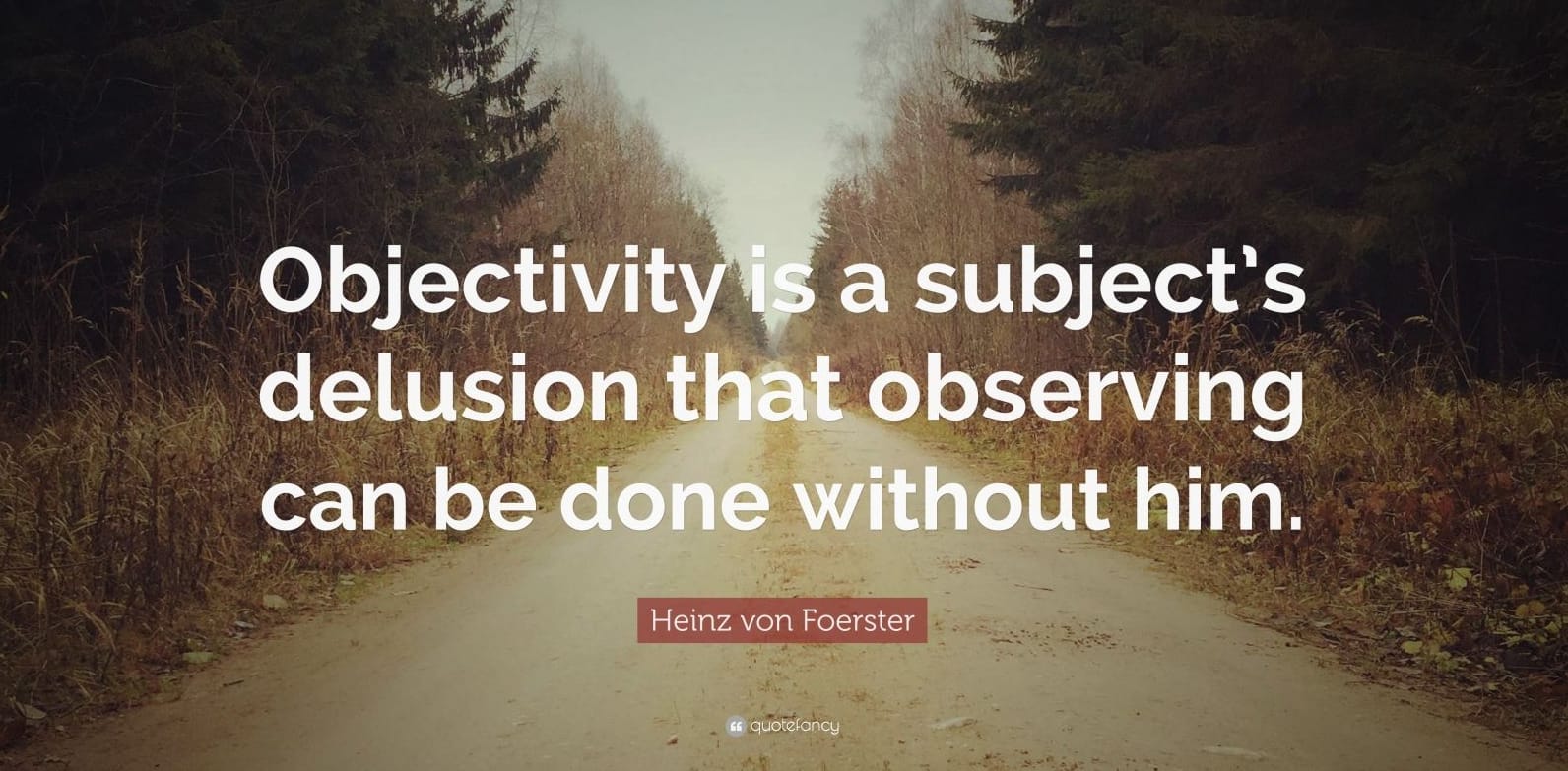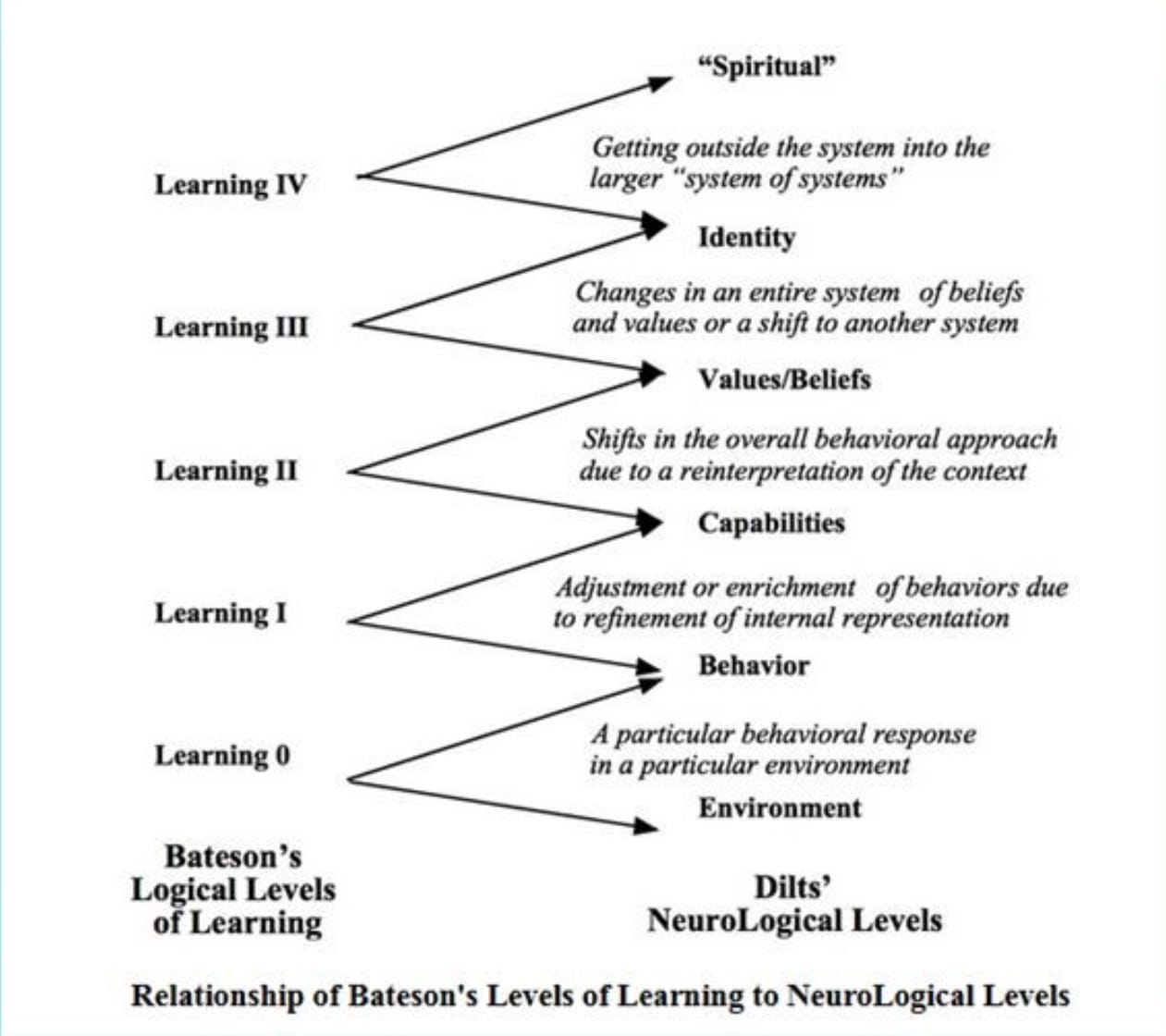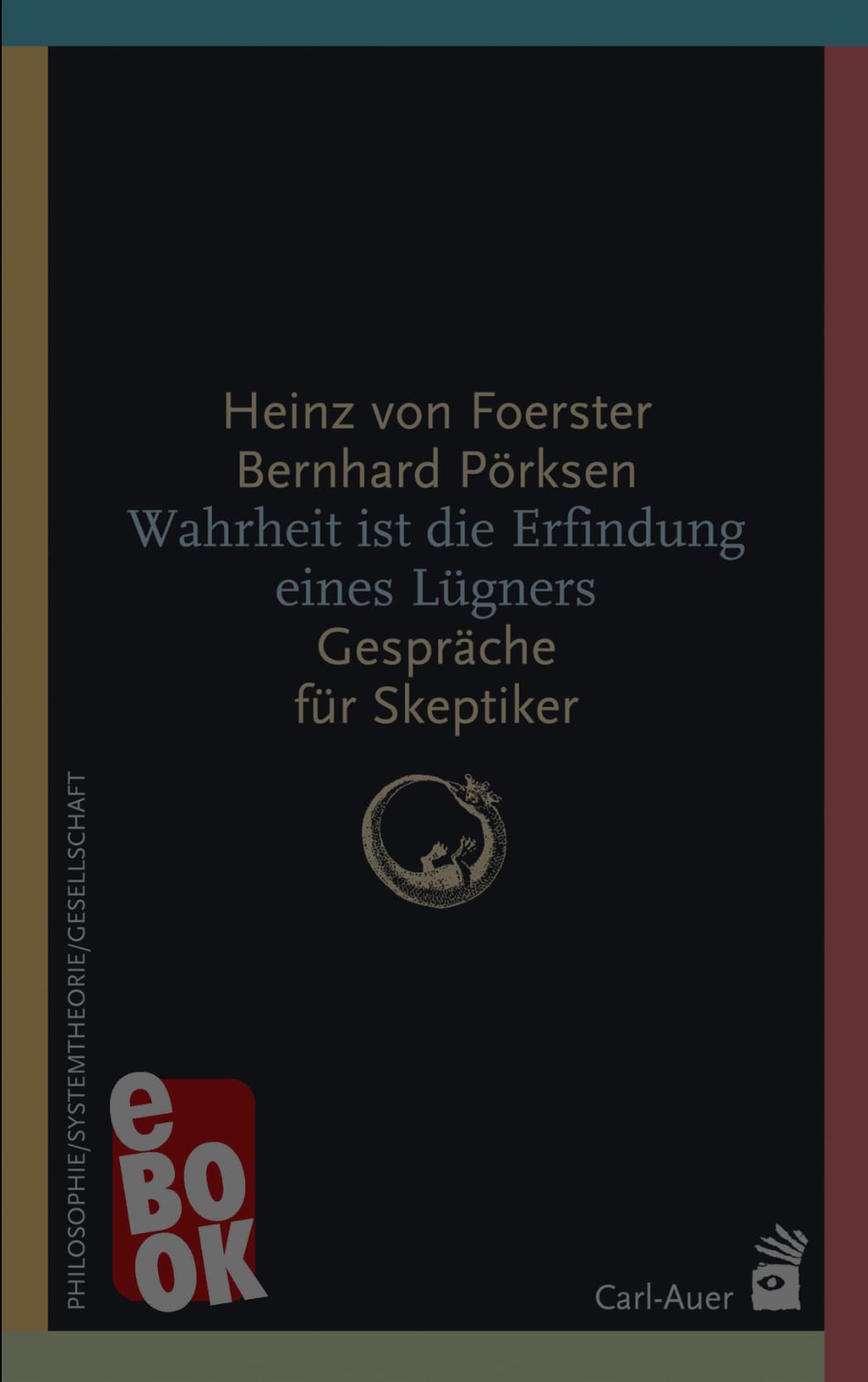Conflict resolution BEYOND my perceived reality🫸🫷💫

In my international coaching sessions, I often deal with people who are suffering from entrenched conflict situations in their family environment. Many coachees experience intergenerational dysfunctional patterns of interaction in particular as unsolvable, even though the solution would actually be so simple:
In this conflict escalation model by Friedrich Glasl, you can easily recognise which of the 9 conflict escalation stages you are currently in: Link

In such conflict situations, we often ally ourselves with people who see and judge the "supposed reality" in exactly the same way as we do. That's the crux of the matter!
The reality that our "I" (EGO) believes to perceive objectively is actually a purely subjective, fictitious reality that is firmly bound to the perceiving subject of the observer.

Moreover, each actor in the conflict field has their own reality and these individual realities often do not have an intersection that is capable of consensus. It is as if all parties are looking through different windows into a common park (the true reality), but everyone sees only a different section of this park through their individual window and firmly insists on having the whole park in their own field of vision. Ultimately, none of those involved can see the whole park, i.e. the whole reality.
For the biophysicist and philosopher Heinz von Foerster (1911-2002), our brain is a closed system that creates its own reality - and in no way represents our external world one-to-one. For example: the colours we see are not linked to the objects themselves - the brain interprets the light waves in such a way that one and the same apple is green for us and ultraviolet for a bird. Our sensory impressions, which we believe to be a true reflection of the world, are therefore a construct of our nerve cells. Von Foerster is therefore described as a constructivist. All the cultural influences and memories that we collect in the course of our lives are burnt into our brains. And it is with this brain that we view the world: some see it mathematically, others religiously, others politically. So many people, so many opinions. Foerster therefore claims that there can be no truth.
If you want to understand these distortions of reality in your brain in more detail, I recommend the work of Gregory Bateson (Link👉The International Bateson Institute) and the books of Heinz von Foerster (Link 👉English & Link 👉German).
According to Gregory Bateson, many people unfortunately do not get beyond "Learning 0“ in their lives and this has nothing to do with cognitive intelligence, as you can easily recognise from this touching story here. The potential on our path from the separate I (EGO) to the connected SELF is limitless, as you will immediately recognise in the story. Interesting? Then read the whole bestseller here. However, most people choose to ignore the potential of their SELF ACCESS for a lifetime - the price for this is lifelong suffering, which humanity has known since at the least the Vedas and the Upanishads - Eknath Easwaran gave in 1961 the first lectures and meditation courses based on this ancient wisdom at the University of California, Berkeley:

For German-speaking readers, I particularly recommend the book "Wahrheit ist die Erfindung eines Lügners: Gespräche für Skeptiker" and the Audible audio book "2 x 2 = grün" from Heinz von Foerster. 👉Top Ten Heinz von Foerster Quotes: Link


So where is the simple solution?
In principle, every person has the right to derive their views and actions from their own rudimentary perception of reality. However, if this person is interested in sustainable relationships with other people, then they MUST engage in a joint interaction process with these other people in order to harmonise their individual perceptions of reality bilaterally and benevolently. If ALL parties cannot agree on this, then this consensus-building process must be led by a neutral mediator. To this end, it is crucial that you LISTEN to other people when they talk about their own perception of reality: This coaching video is world class for this trivial insight:
I have been teaching these distortions of reality for many years in 4 Master's programmes at the Universities of Nuremberg and Salzburg as part of my course "Neuro-Marketing - Designing a Career & Life Strategy for the Brand ME". My realisation: The generation of young students is far ahead of the generation of their parents and grandparents in the targeted elimination of family dysfunctionalities! You doubt that? Then I recommend the episode "Hi, Society" of the Netflix series Gossip Girl.
Tip: If you foresee such potential conflicts in the future (e.g. possible inheritance disputes), appoint a MEDIATOR in advance who is respected by all parties involved‼️
In the extreme case that individual actors themselves later try to deliberately undermine this mediator in order to ruthlessly push through their own opportunistic goals on the basis of their own distorted perception of reality, thank goodness there is still the state legal system: some people simply want to run into the wall of their invented reality...

Do you have a challenging question on this topic❓
I love challenging questions and answer ALL your questions every month VISUALLY via Zoom on the 17th here or on the 27th here.
Related links
- My monthly online seminar "From ego to SELF - Strategic inspirations BEYOND stress, problems and worries", Open Mind Academy, Switzerland
- My visual strategic talent BEYOND the duality of your strategic thinking
- Genuine coaching that takes you BEYOND your supposedly big “I“
- Development of a free and agile mind BEYOND painful attachments to problems and worries
- SELF-Assessment BEYOND the separating duality of your thoughts
- The source of creativity BEYOND our mind
- Step-by-step coaching of "The Secret of the Golden Flower" far BEYOND meditative insights🪷🧎
Get to know our SELF for free